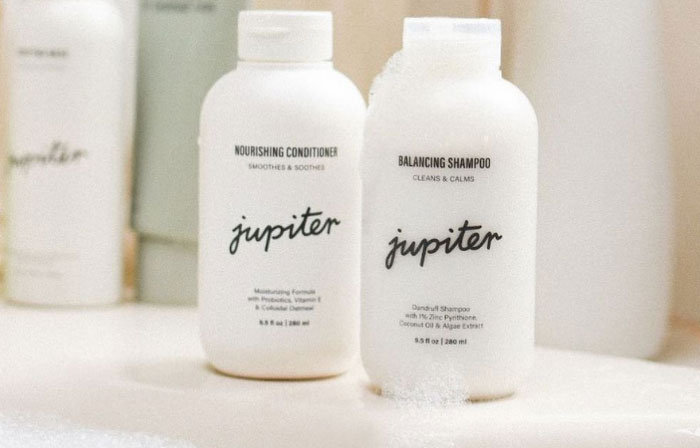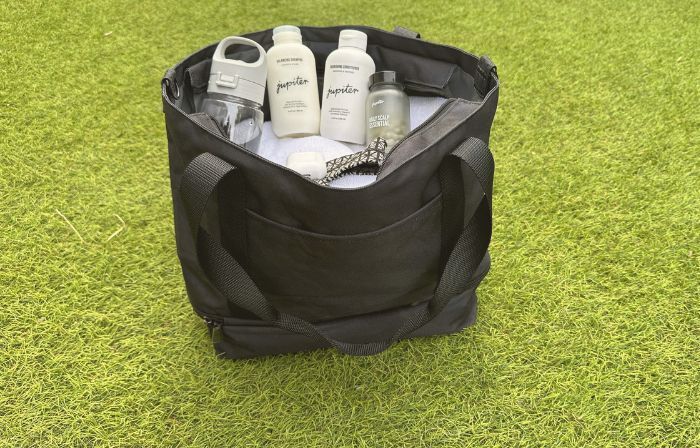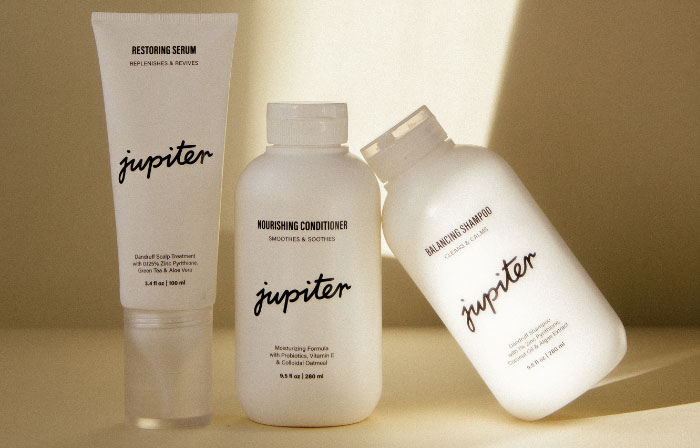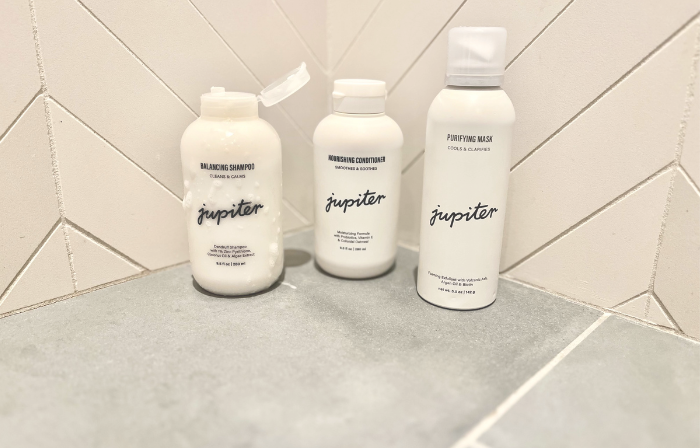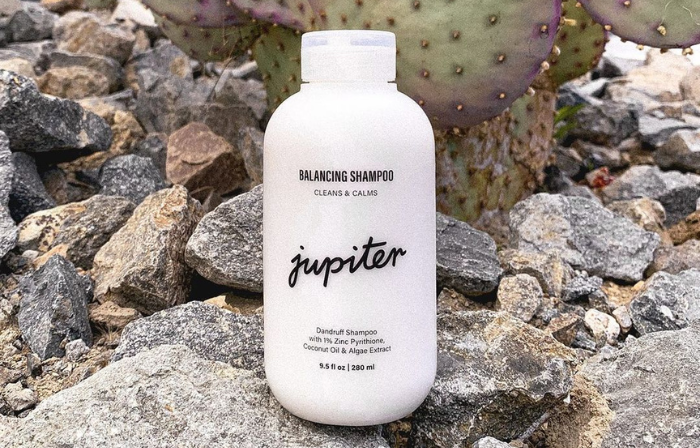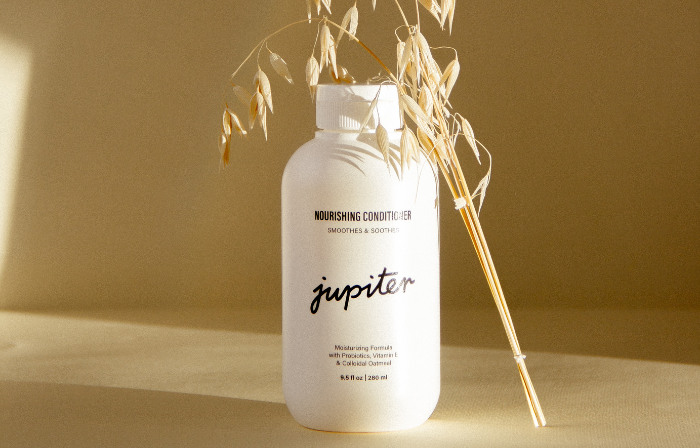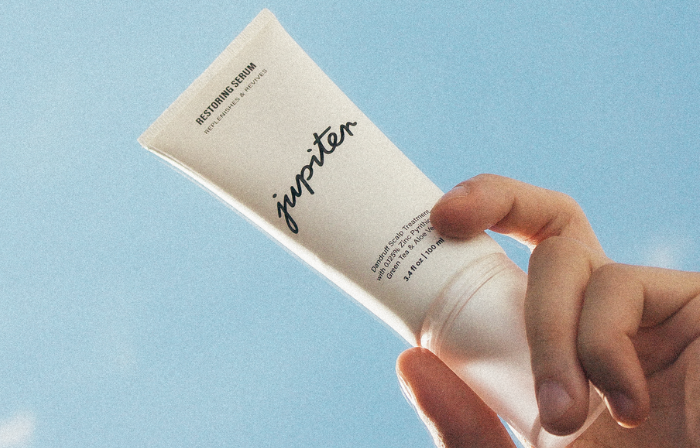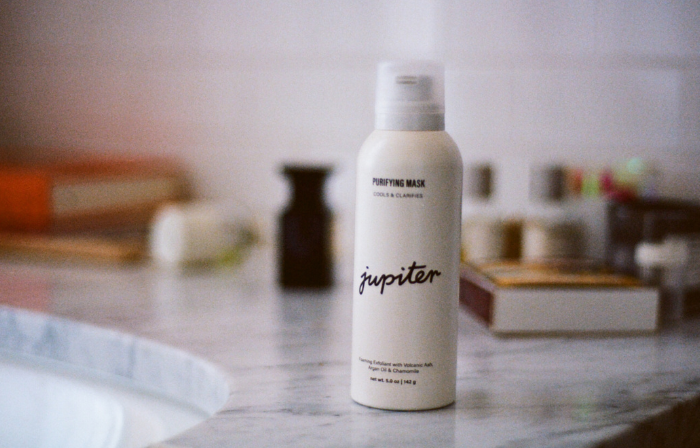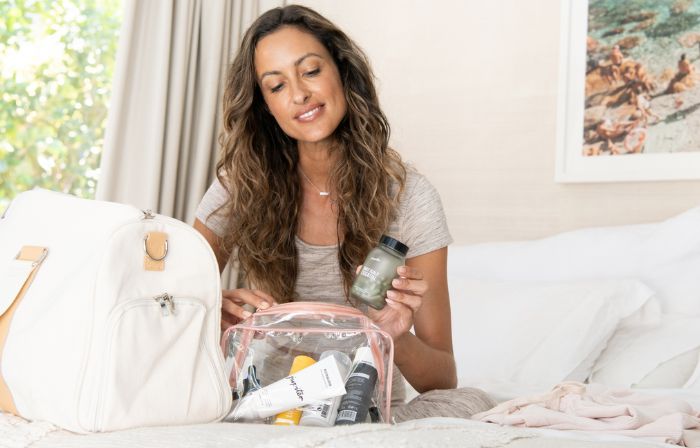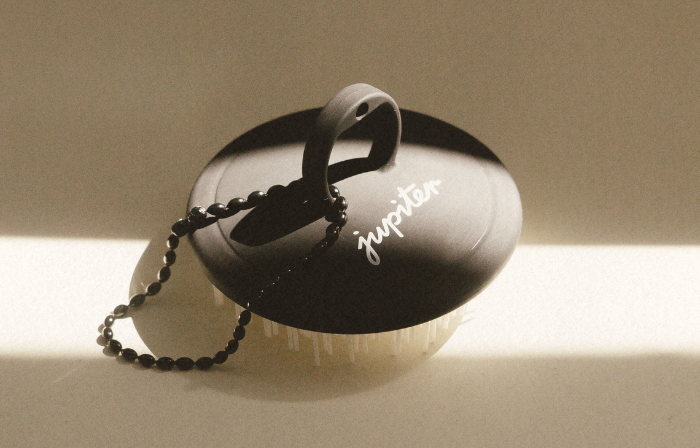Eczema 101: Symptoms, Causes, & How To Treat It
If you asked the average eczema sufferer to choose one word that describes their inflammatory skin condition, it would probably be frustrating (though itchy would likely be a close second.) Between the daily skin care routine, the inexplicable flare-ups, and (yes) the often-relentless itching, eczema can be an incredibly frustrating condition to manage.
But here’s the good news: with the right tools, you can manage the difficult eczema symptoms like dandruff (flaking of the scalp) so that they effectively disappear.
Here’s what you need to know about eczema, including its symptoms, causes, and how to treat it effectively.
Symptoms of Eczema
Signs and symptoms of eczema can pop up all over your body. From patches of skin on your arms and legs to your torso and scalp, many people struggle with itching and dryness everywhere.
You’ll probably notice the worst rashes where your skin experiences friction and where you tend to sweat. This includes your elbow creases, backs of your knees, and more.
In general, the most common side effects and symptoms of eczema include:
Red rashes
Itchy skin
Discoloration of the skin
Scaly patches
Oozing
Peeling or crusting
Swelling
Dandruff
Some cases are more severe than others. Severity can also change with each flare-up, making it tough to predict how you should approach treatment.
To receive an accurate diagnosis of eczema, you’ll need to visit a dermatologist for a thorough checkup. You may need to undergo allergy testing, too. When appropriate, your physician may write a prescription, or recommend over-the-counter topical solutions to relieve the itchiness and any pain.
Different Types of Eczema
There are many types of eczema, each with somewhat different characteristics and risk factors. All of them can involve severe itching, redness, and dry, scaly skin. Rashes occur most often behind the knees and on the arms, but they can happen all over the body, too.
Types of eczema include:
Eczema due to Atopic Dermatitis: The most common type of atopic eczema, involving a dry, itchy rash. Usually crops up in early childhood. It may be chronic, long-lasting, and may happen alongside asthma, hay fever (allergies) and even migraine headaches. This condition tends to run in families.
Allergic Contact Dermatitis or Allergic Eczema: Results from direct contact with or ingestion of allergens.
Dyshidrotic Eczema: Involves fluid-filled blisters appearing as hand eczema or on areas such as the feet.
Nummular Eczema or Nummular Dermatitis: Characterized by coin-shaped lesions that itch.
Seborrheic Dermatitis: Scaly red patches most commonly affecting the scalp, eyebrows, skin around the nose, and sometimes the chest, as well. Often leads to dandruff.
Stasis Dermatitis: Occurs on the skin of the lower legs and feet. Red, scaly, sometimes oozing patches which overtime leads to discoloration. It’s common in people who have varicose veins, heart disease, or circulation problems.
Irritant Contact Dermatitis: Can happen when your skin experiences stress, friction, or other uncomfortable environmental conditions.
Regardless of what type of dermatitis you have, the treatment options tend to be similar.
...anytime an environmental condition, food, or product bothers your skin, it responds with intense inflammation and itching.
Who Gets Eczema?
Anyone can get eczema, from young children to older adults. Most types of rashes begin to crop up during childhood, but the cause of eczema and symptom timelines can vary.
In general, people who already have sensitive skin or a family history of rashes and eczema have a higher chance of developing the condition. People with existing asthma or other allergic conditions and environmental factors are also more likely to experience skin irritations.
No matter who has it, when they get it, or why, the good news is that eczema is not contagious.
What Causes Eczema?
There’s no simple answer to this question. Explanations range from your genetic makeup (your DNA, not your eyeliner) to environmental triggers - and most experts believe a combination of the two is to blame for most cases.
Whatever the underlying reason, people with the condition are believed to have overactive immune systems. Basically, anytime an environmental condition, food, or product bothers your skin, it responds with intense inflammation and itching.
To that end, while eczema can be an allergic reaction, the allergens vary widely. For instance, an individual may have allergies to dust mites, harsh soaps, pet dander, certain food allergies, and even medicines.
How to Treat Eczema
Unfortunately, there is no cure for eczema. The good news is, there are many topical ointments and treatments that can help relieve eczema symptoms.
Use Dandruff Shampoo
When it comes to dandruff from eczema, treatment is straightforward. A Zinc Pyrithione-based medicated shampoo should reduce scalp flaking associated with eczema, followed with a moisturizing conditioner for your scalp and hair. Jupiter’s Balancing Shampoo is formulated with Zinc Pyrithione to help eliminate dandruff flakes, and our Nourishing Conditioner moisturizes and soothes your scalp.
Apply Topical Products
The National Institutes of Health recommend using moisturizers, lotions, or topical steroids for eczema symptom relief. A cream or ointment that is free of skin-irritating chemicals is ideal, and you can also use lubricants like petroleum jelly on affected areas to seal in moisture.
Bathe Carefully to Minimize Symptoms
Lukewarm baths with wet wraps are also a promising treatment for severe eczema. In general, though, keeping baths and showers short with not-too-hot water and gentle cleansers is ideal. Hot water opens your pores and can make skin even more dry and irritated.
Remove Triggers
Though there’s no way to eliminate eczema entirely, you can reduce symptoms by avoiding common triggers. If you have confirmed allergies, keeping those factors out of your environment (and off your plate) can help. Otherwise, here are some steps to keeping the itch and rash away:
Keep skin moisturized. Eczema can flare up when your skin is too dry, broken, and tight.
Skip additives and colors in your skincare products. Personal care items like fragrances, shampoo, conditioner, makeup, and antibacterial ointment can contain allergenic ingredients and dyes. Avoid these whenever possible, and opt for products with a clean ingredients list.
Watch your laundry detergent and other soap. Hand, dish, and laundry soaps often have fragrances, dyes, and harsh ingredients that can cause or worsen eczema flare-ups.
Reduce stress. Stress can make eczema worse or start an outbreak where there wasn’t one.
Keep your skin cool and relatively moist. Too-dry or too-hot conditions wreak havoc on sensitive skin. Hot showers are also a no-no for healthy skin.
If you have asthma, continuing to keep up with medication and treatment can help cut down on dermatitis triggers. Most people with asthma use an inhaler or steroids during asthma attacks or to keep them at bay.
Prevent Infection
Because eczema can damage your skin cells, patients with the condition are more likely to get skin infections. Between the itching and dryness of your skin, it’s constantly open and exposed to bacteria. To protect your skin, make sure to avoid scratching when possible (sit on your hands if necessary...seriously!) and keep a healing ointment or other product on during flare-ups.
Other Treatment Solutions
Ultraviolet light (UVB) therapy is another approach to treating dermatitis. The idea is that UV light can suppress your body’s immune response to dry skin and eczema triggers. UV treatment is typically administered in a doctor or dermatologist’s office and can help relieve inflammation and itching. It doesn’t prevent dermatitis from flaring back up, though, so continuous treatment might be necessary.
Next Steps For Managing Eczema
Whatever your symptoms are or their severity, you should visit a doctor for a clear diagnosis. With the right treatment, you can reduce eczema flare-ups, prevent more serious infections, and enjoy healthier skin.
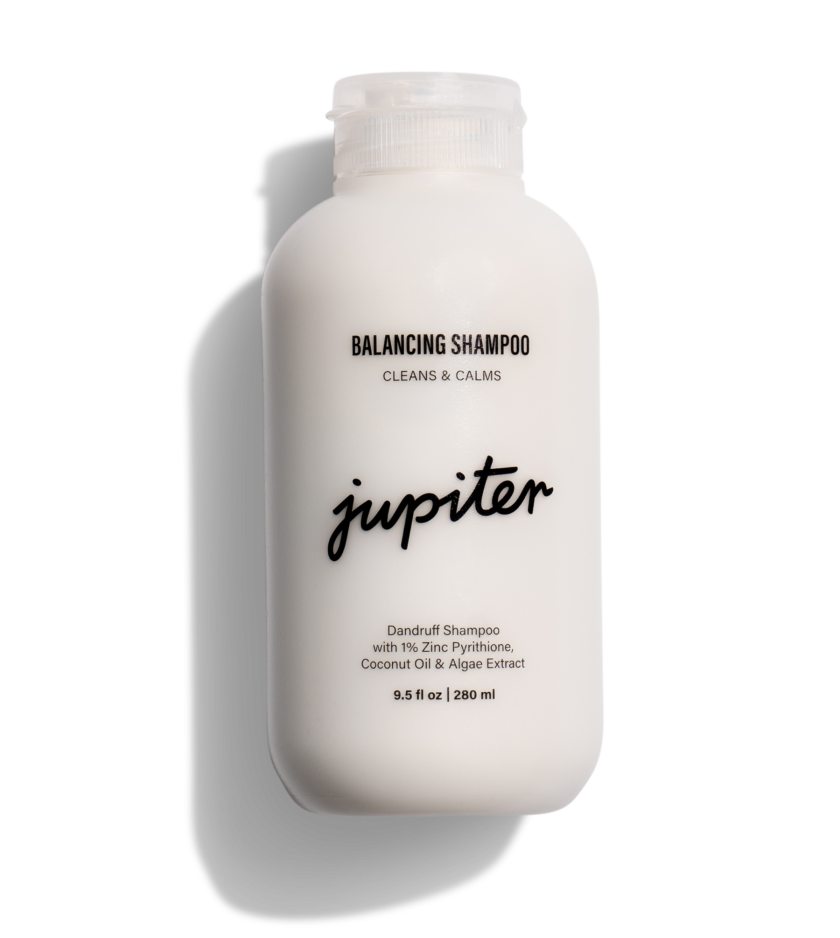
Meet our head honcho. This soothing multi-tasker gets to the root of flaking and irritation, thanks to our star active ingredient, Zinc Pyrithione. Backed by a lush aroma of mint, vanilla, rosemary, sage, tangerine, and lavender, it’s bound to elevate your mood, and your shower.
